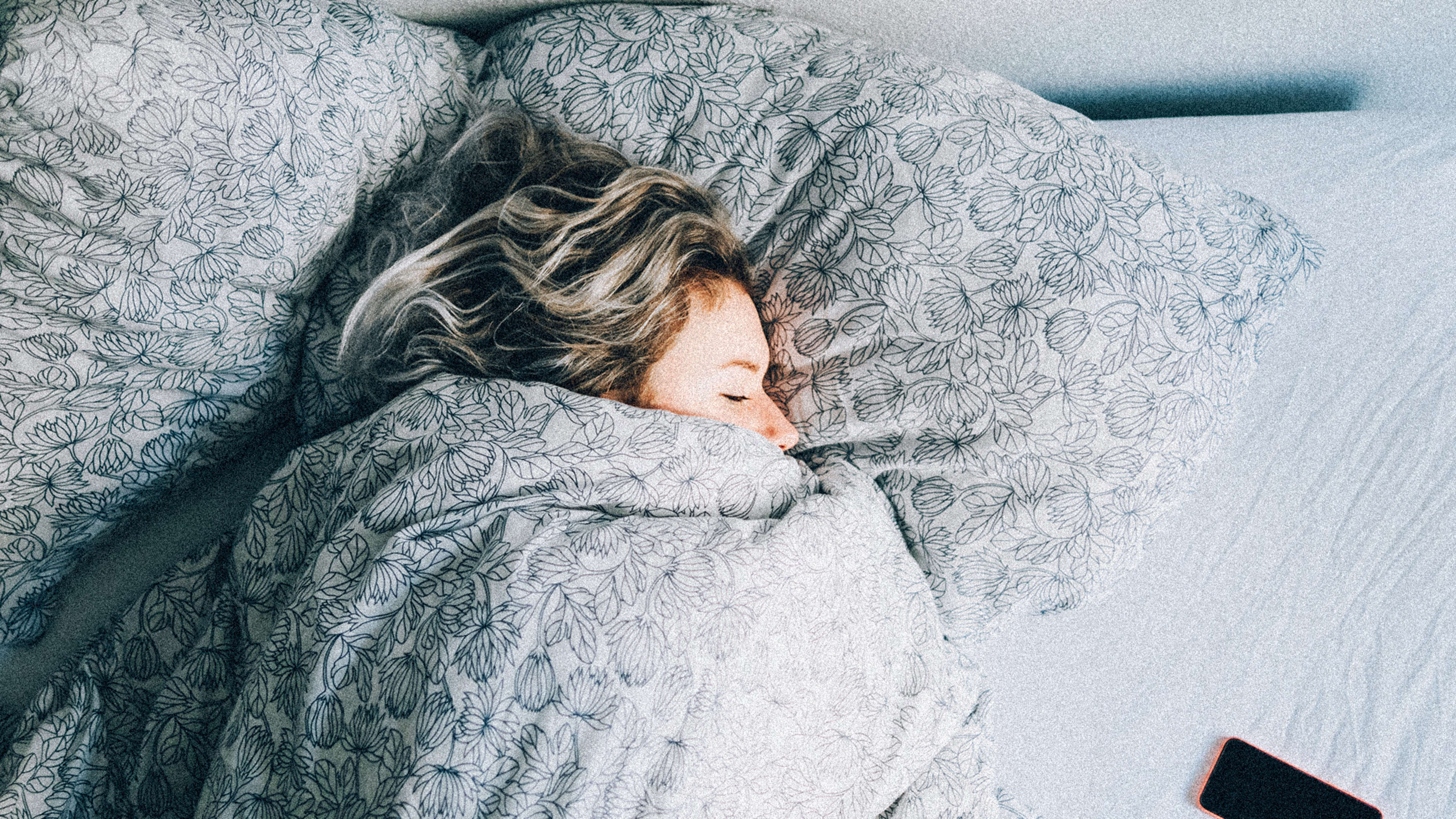Conventional wisdom suggests to get ahead, we have to push and hustle. After all, the hardest workers achieve the best success, right? Unfortunately, according to science, this kind of thinking is wrong, and if we subscribe to it, we may be limiting our ability to be our best.
You might ask, what could be more critical to success than hustle? Sleep. And according to the CDC, only a third of us get enough.
The link between sleep, cognitive function, and better health
Sleep is essential for a large number of cognitive tasks that we need to complete to succeed at work. For example, a recent study at the University of Oregon found good sleep was critical to entrepreneurs’ ability to imagine new ideas and evaluate their value. If your work requires you to find new ideas, evaluate options, and solve problems, you’ll need to find ways to get enough sleep.
For a long time, scientists haven’t understood our need for sleep, but recent research by Bar-Ilan University in Israel has figured it out. During normal day-to-day activities, our DNA is damaged, and during sleep, neural processes repair our DNA. That’s why sleep is so critical to proper brain function. Research shows a correlation between lack of sleep and a higher incidence of health problems like obesity, heart disease, high blood pressure, depression, diabetes, and certain types of cancer.
Perhaps you are aware of all of this, but you don’t have time for sleep because you have far too much to do. So you try to hack your way into better sleep, hoping that will make up for the insufficient quantity that you get daily. Here are four excuses you’re probably making to yourself and why they’re unhelpful.
1. I’ll reduce my need for sleep
Years ago, I worked with a gentleman who insisted he had trained his body only to need five hours of sleep. He was launching a plan where he trained people to also reduce their need for sleep by slicing minutes off their resting time each night. The problem with this approach is most people—with very few exceptions—need at least seven to nine hours of sleep. New studies focusing on adolescent sleep have found that there are connections between school start times and the number of traffic accidents. When teenagers get more sleep based on later school start times, they have fewer accidents. If you think you are training yourself to sleep less, you may be training yourself (unsuccessfully) to deal with the constant stress of sleep deprivation.
2. I’ll adjust my sleep patterns
Some people try to sleep in smaller increments of time. They go to bed and then wake up after a few hours to get work done, and then going back to sleep. The problem with shortening sleep cycles is that REM sleep—that deeper dream sleep—is short-circuited, and this REM sleep is also essential. Without it, research shows that people experience more difficulties with mood, illness, and alertness.
3. I’ll ease myself to sleep
One of the reasons why people struggle to get enough sleep is that they have trouble falling asleep in the first place. They might also wake up in the middle of the night and can’t get back to sleep. To counter this, many people turn to TV or having a night cap. But while these activities may seem like an ideal way to ease back into slumber, they do more harm than good. For example, blue light (the kind that television emits) suppresses the secretion of melatonin, a hormone that tells the body it is time to sleep. Alcohol consumption can increase the likelihood of sleep apnea.
4. I’ll make up my sleep later
Another common strategy is to try to make up for lost sleep. You may sleep less during the workweek and attempt to bank sleep during naps on the weekends. Now naps can be nothing short of a beautiful experience, but they, unfortunately, don’t make up for lack of sleep during the week. It’s just not possible to “game” your sleep, or make up for your “sleep debt” during the weekends without the negative consequences brought on by lack of sleep.
When it comes to sleep, you can’t expect positive changes if your solution is to reduce it. You need to change your mind-set and find ways to get enough. When you make sleep a priority, you’ll increase your efficiency. You might even be able to work less because you’re more productive during your waking hours.
It might seem there isn’t time to sleep, but the opposite is true. If you want to be healthy and have your brain function properly, you can’t shortcut your way to sleep benefits. You must prioritize getting enough sleep.
Tracy Brower, PhD, MM, MCRw, is a sociologist focused on work, workers, and workplace, working for Steelcase. She is the author of Bring Work to Life by Bringing Life to Work: A Guide for Leaders and Organizations.
Recognize your brand’s excellence by applying to this year’s Brands That Matter Awards before the early-rate deadline, May 3.
